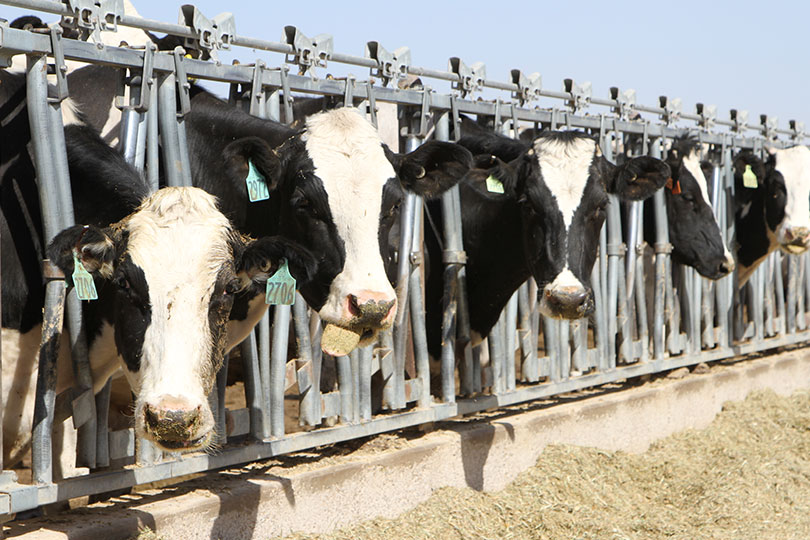By Jennifer Dorsett
Field Editor
The global COVID-19 pandemic is causing a ripple effect across the U.S. dairy market—particularly in Mexico, where an already-faltering economy is being hard hit.
Financial experts estimate Mexico’s gross domestic product (GDP) is expected to drop around 6.6 to 8 percent. The country entered a mild recession in 2019, but the pandemic has worsened the situation and greatly devalued the peso, according to Daily Dairy Report analyst Monica Ganley.
“The true impact did not become apparent until March of this year, when the Mexican peso crashed, losing nearly 20 percent of its value over the course of the month,” Ganley said.
Mexico is the leading importer of U.S. dairy products, accounting for one-quarter of all U.S. dairy exports last year with a value of about $1.5 billion.
Geographical proximity and tariff-free trade has built a strong trade relationship between the two countries and fostered the growth in U.S. dairy exports, Ganley noted, but the drastic downturn in the Mexican economy doesn’t bode well for export markets in the coming months.
She attributes the country’s economic crisis on its dependency on crude oil.
“Despite falling domestic crude oil production in recent years, Mexico’s government remains disproportionately reliant on the oil industry, with the state-owned oil company Pemex providing an estimated 40 percent of the government’s revenue,” Ganley said. “With an overleveraged balance sheet and dismal market conditions, Pemex’s credit rating was slashed to junk in mid-April, sparking a debt selloff and significantly raising borrowing costs for the firm. Some analysts believe that Mexico’s sovereign debt could face a similar fate soon.”
Looking ahead, Ganley said Mexico is unlikely to import large volumes of dairy products due to the weakened state of the peso and economic volatility combined with plummeting foodservice demand during the pandemic.
Mexico closed schools and stadiums and recommended people stay at home in mid-March. In April, restrictions were increased, and industries and services that were deemed nonessential were shuttered.
Mexico’s restrictions are likely to remain largely in place until the end of May, according to a report in the Wall Street Journal. But even when the country reopens, the lingering economic crisis paired with an increase of the number of people living in poverty will continue to dampen dairy demand for the foreseeable future, Ganley added.
“Mexico’s imports of dairy products should slow until the situation normalizes,” she said.

